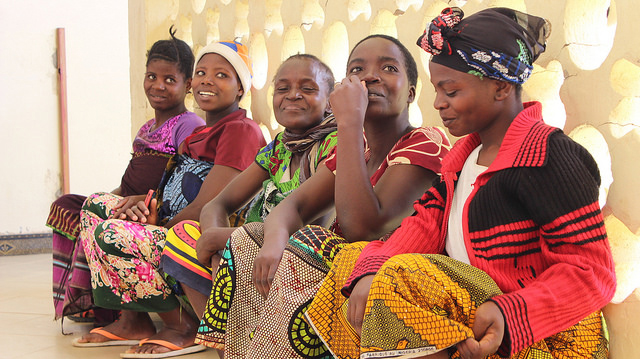Charges have been filed against a man and his wife from a Fipa village in the Nkasi District of Tanzania that they sold off their teenage daughters to a 75-year old man. According to a report in the Daily News on March 19, the Rukwa Region police are hunting for Matembezi Mugo and his wife, who have fled from their village, Swaila, and have gone into hiding outside the area.

Swaila, located about 30 miles northwest of Sumbawanga and 12 miles west of the shore of Lake Rukwa, is in the heart of traditional Fipa territory. The story about Swaila, covered by the Daily News reporter Peti Siyame, is that late in 2017, Mugo sold off his 16-year old daughter to another pastoralist in Swaila named Mtokambali Cheli, the 75-year old. Cheli paid Mugo a dowry of 50 head of cattle for the girl.
But when the girl discovered his age, and the fact that he already had four wives, she ran away. In addition to his four wives, the reporter calculated from his sources that Cheli has 50 children plus unknown numbers of grandchildren and great grandchildren. According to the neighbors, he has 14 children by his first wife, 13 by the second, 12 by the third, and 11 by the fourth.
According to the Rukwa Regional Police Commander, George Kyando, when Cheli discovered that his latest bride, the 16-year old, had fled, he went back to the parents, Mugo and his wife, and demanded the return of his dowry. His latest wife had run away. However, according to the police officer, “the Mugos consoled their in-law with another ‘wife’ aged 14 years old to fill the gap left by her fugitive sister…. because he was not ready at all to refund the dowry.”

The 14 year old also fled the home of her new “husband” and went to the police station in the town of Namanyere, about 20 miles west of Swaila. She is currently being sheltered by Ms. Anna Kisima, who is in charge of the Desk for Gender and Children of the Nkasi District Police, in her home in Namanyere. While the police are searching for the Mugos, they have already arrested Chele and are holding him in the Nkasi District Police Station.
It is clear from Kathleen Smythe’s book Fipa Families (2006) that forcibly marrying off teenage daughters was not a normal aspect of Fipa traditions or customs. Men and women interviewed by the author explained that while boys and girls often socialized with their friends and members of the opposite sex in recent decades, “it was ultimately the boy’s and girl’s own choice as to who their mate would be (p.43).”
Smythe discusses a custom, presumably now faded, of encouraging their adolescents to move into their own domiciles, called intuli, to live with their age-mates, to form their own relationships, and to ultimately choose their own spouses. Her sources, whose birth dates ranged from 1921 to 1961, described the work that children used to do, their transitions from childhood to adulthood, and the decisions they made about when and with whom they wanted to marry. It is not clear, unfortunately, what had gone wrong with the two men in Swaila to make them abuse the two Mugo children as they did.